Wooton Desk For Sale – Once an agreement is reached, the final step is the legal transfer of ownership. This pride comes not just from the product itself, but from knowing that you are supporting a tradition of craftsmanship and care. It’s a constant negotiation, where both parties seek to align their perceptions of worth and reach an agreement that satisfies both sides. This subjective nature of value is what makes the “for sale” market so dynamic. The buying and selling of companies, brands, and even entire industries can reshape economies, alter job markets, and redefine how goods and services are delivered. However, it’s also important to recognize the darker side of this freedom. Manufacturing new items requires energy, raw materials, and natural resources, all of which contribute to environmental degradation. A high-quality winter coat, for example, will keep you warm and dry through years of cold weather, offering comfort and protection that a cheaper, mass-produced coat cannot match. In the realm of real estate, for instance, selling a house is often an emotional and logistical challenge. When people buy second-hand items, they are extending the life cycle of those goods, which means fewer products end up in the trash. While there are certainly markets where affordable goods are a necessity, quality goods for sale often come with a premium price tag. On one hand, there’s the potential for an established client base, proven systems, and a recognizably brand name. Unlike starting a business from scratch, which requires time to build a reputation and establish market credibility, buying an existing business means stepping into an environment where some of the groundwork has already been done. Those who are born into privilege have the means to buy their way to the top, while others are left behind, forced to sell their time, energy, and even their dignity in order to survive. It forces us to ask difficult questions about ownership, worth, and the limits of human desire. In this world, emotions can feel like products, available to be consumed at will and disposed of when they no longer serve a purpose. In some cases, selling second-hand items can be a way to make a significant profit, especially if the items are rare, vintage, or in high demand. For the buyer, acquiring such a piece may carry with it the honor of preserving a legacy, or the satisfaction of adding a unique, timeless item to their own collection. Second-hand goods, especially those that are vintage or antique, often carry a sense of history and craftsmanship that can be missing from mass-produced products. This sense of history and individuality is part of what makes second-hand shopping so appealing.
19th Century American Walnut "Wells Fargo" Desk by Wooton Desk. Co For
Request a free catalogfree space planningbuy now, pay later Improve productivity200+ desktop choicesergonomic chairsfree design services
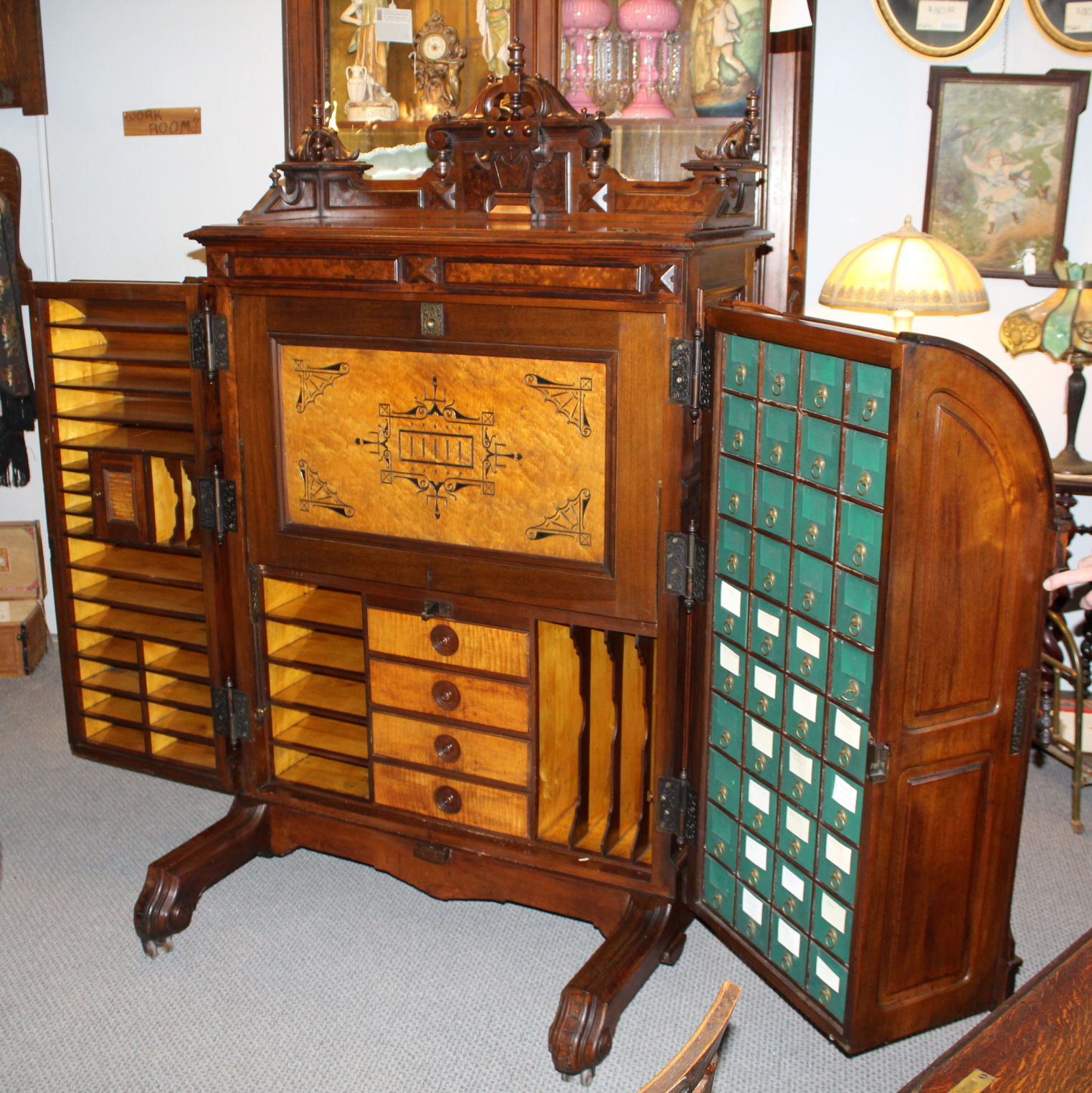
Bargain John's Antiques Victorian Walnut Wooton desk The King of
Request a free catalogfree space planningbuy now, pay later Improve productivity200+ desktop choicesergonomic chairsfree design services
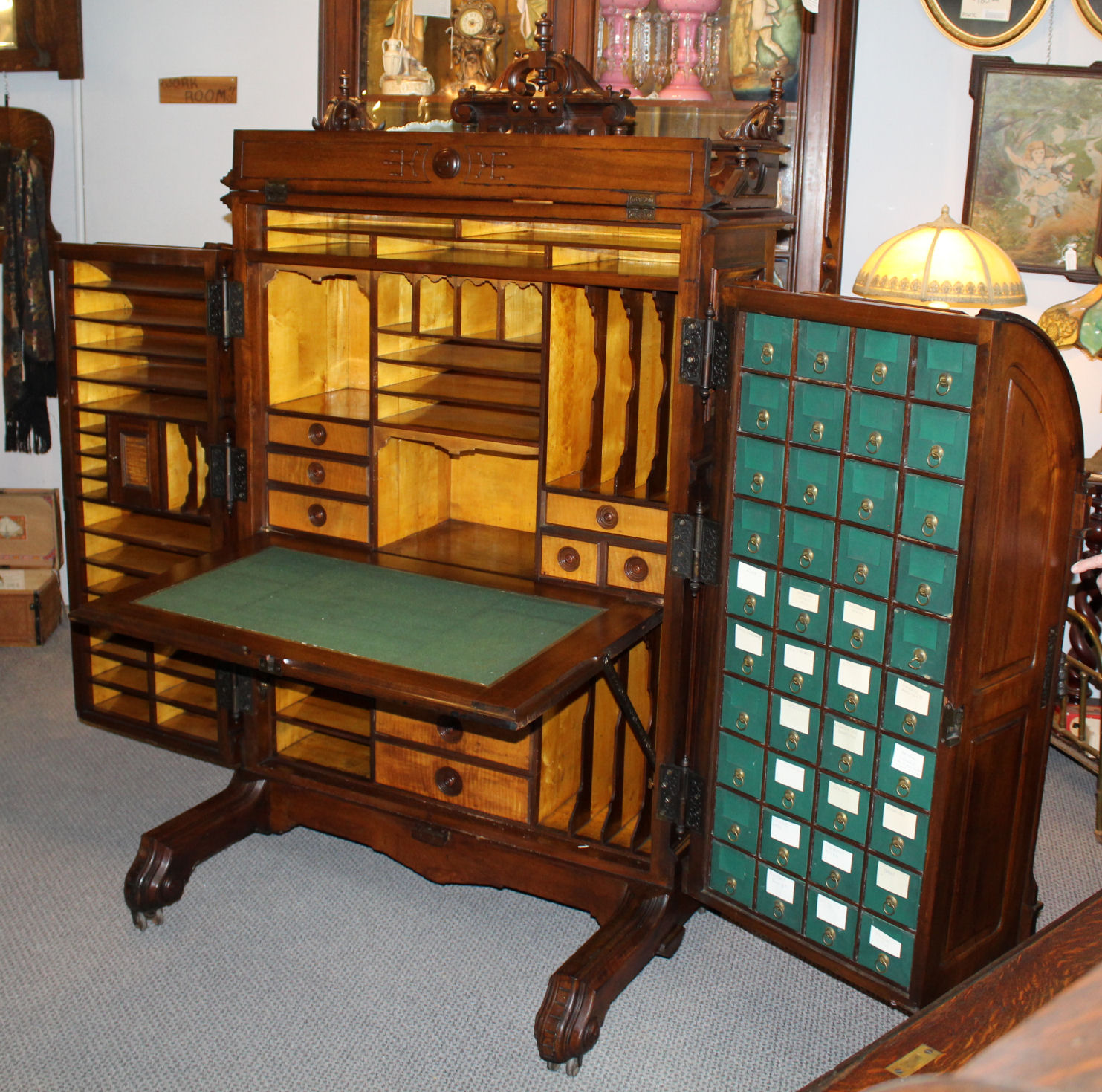
Bargain John's Antiques Victorian Walnut Wooton desk The King of
Improve productivity200+ desktop choicesergonomic chairsfree design services Request a free catalogfree space planningbuy now, pay later
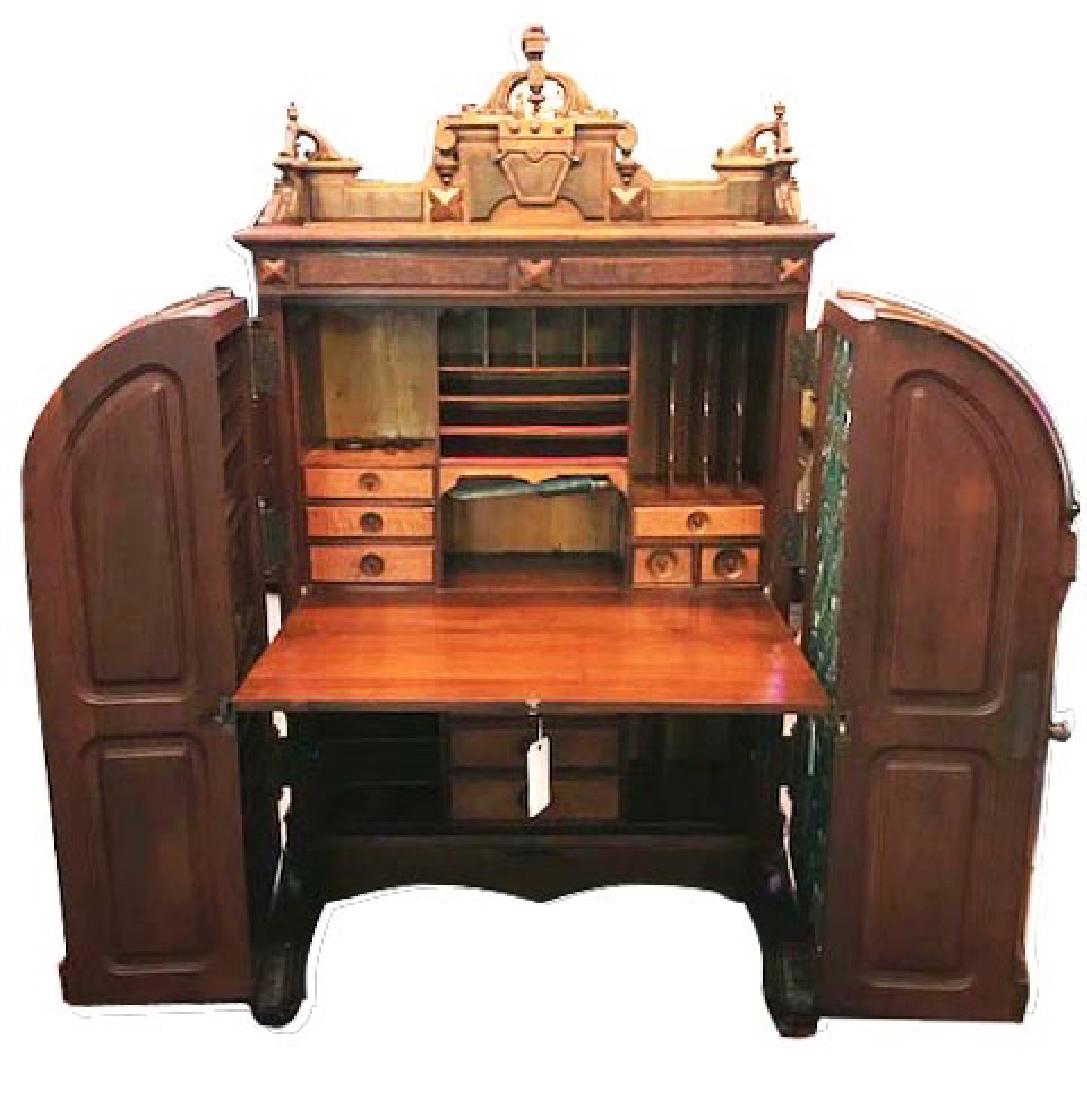
Standard grade Wooton Patent Secretary Desk
Improve productivity200+ desktop choicesergonomic chairsfree design services Request a free catalogfree space planningbuy now, pay later
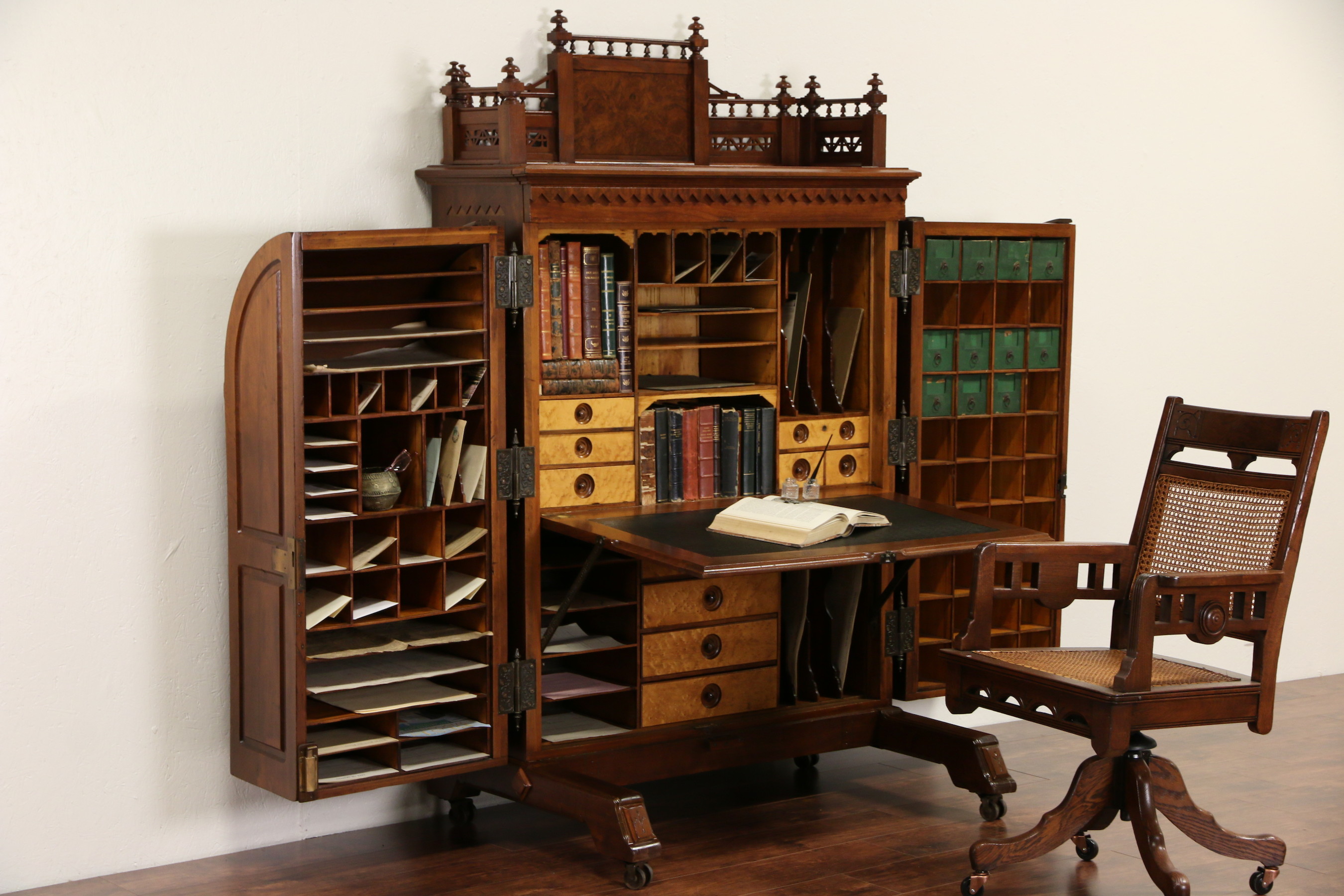
SOLD Wooton Signed Victorian 1874 Patent Antique Walnut Desk Harp
Improve productivity200+ desktop choicesergonomic chairsfree design services Request a free catalogfree space planningbuy now, pay later
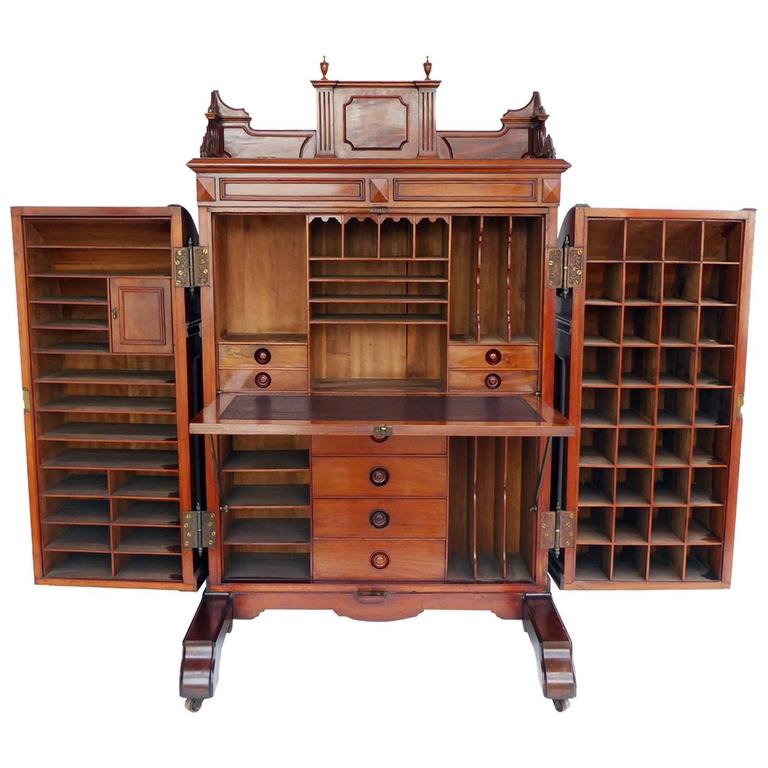
19th Century Wooton Desk at 1stDibs wooton desk for sale, wooton desk
Request a free catalogfree space planningbuy now, pay later Improve productivity200+ desktop choicesergonomic chairsfree design services
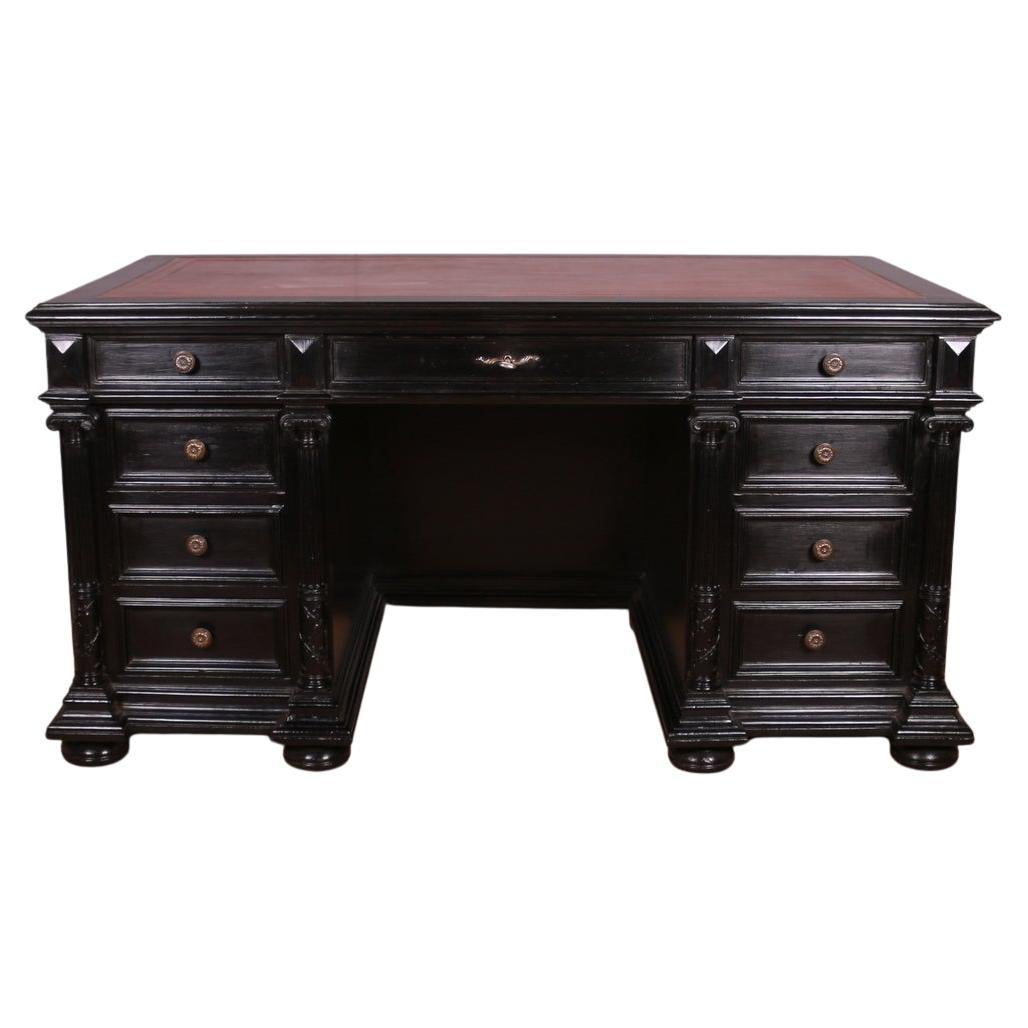
19th Century Standard Grade Wooton Desk For Sale at 1stDibs
Request a free catalogfree space planningbuy now, pay later Improve productivity200+ desktop choicesergonomic chairsfree design services

Stunning Wooton Desk Antiques Atlas
Request a free catalogfree space planningbuy now, pay later Improve productivity200+ desktop choicesergonomic chairsfree design services
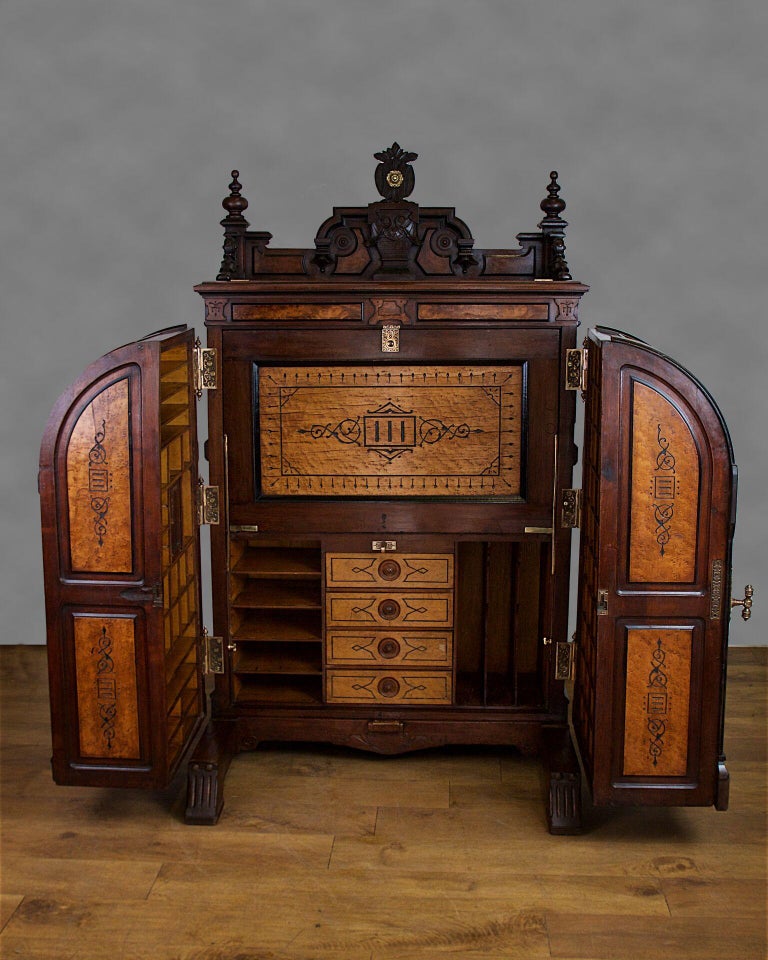
American Wooton Desk at 1stDibs wooton desk for sale, wooten desk
Request a free catalogfree space planningbuy now, pay later Improve productivity200+ desktop choicesergonomic chairsfree design services
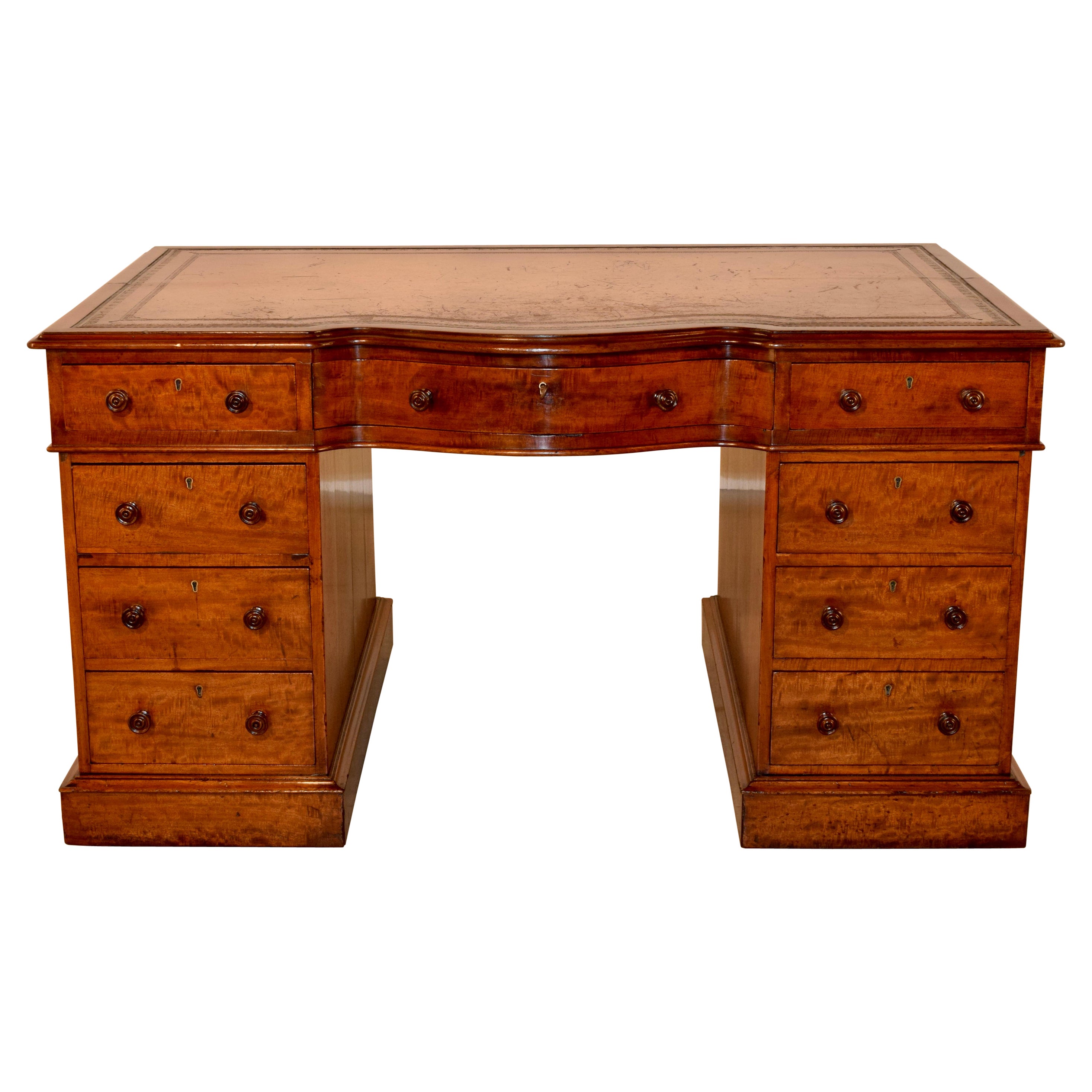
19th Century Standard Grade Wooton Desk For Sale at 1stDibs wooten
Improve productivity200+ desktop choicesergonomic chairsfree design services Request a free catalogfree space planningbuy now, pay later
The longer something is used, the less likely it is to contribute to the growing problem of waste. Whether it’s a car, a house, or a simple piece of furniture, there’s a process that unfolds. As society has evolved, the scale of production has expanded, and many quality goods are now mass-produced or distributed through large retail chains. A new smartphone, for example, can cost hundreds of dollars, but buying a used one can cut the price down by more than half. The resale of pre-owned clothing has become a booming industry in recent years, with second-hand stores and online marketplaces thriving as more consumers opt for affordable, sustainable alternatives to fast fashion. To mitigate this risk, buyers should ask for detailed photos, read product descriptions carefully, and inquire about the condition of the item before making a purchase. For many, owning a quality product means owning a piece of history, a connection to something larger than themselves. Online platforms also offer the convenience of searching for specific items, whether it’s a rare collector’s item, a particular brand of clothing, or a piece of furniture that fits a specific design style. Thrifted clothing, vintage furniture, and pre-owned electronics are often seen as more authentic and unique than brand-new, mass-produced items. It doesn’t fall apart after a few uses, nor does it need to be replaced after a season. Vintage clothing, in particular, has gained a significant following, with people seeking out unique, one-of-a-kind pieces that cannot be found in mainstream stores. The idea of being “for sale” also touches on larger cultural and societal themes. But in reality, even the most profound relationships can be commodified in some way. Buying second-hand goods has numerous advantages. The durability and longevity of these products mean they don’t need to be replaced as frequently, reducing the need for constant purchases and ultimately saving money in the process. The promise of success in a marketplace driven by capitalism can be an illusion for those who don’t have the resources or opportunities to compete on equal footing. People can be bought and sold in the form of labor, for example, and loyalty can be traded for material gain. The focus on longevity and reliability is what sets these goods apart from their mass-market counterparts. Even objects with little intrinsic value can be sold with great meaning. Social media platforms, for example, offer users a chance to buy into their own identity, to curate a version of themselves that is more appealing, more desirable, more marketable.
This can manifest in the context of career, relationships, or personal goals. In this sense, online second-hand markets have not only made pre-owned goods more accessible but have also made them more desirable, offering an alternative to the mass-produced, one-size-fits-all nature of new products. With the rise of e-commerce, the accessibility of quality goods for sale has expanded exponentially. Social media platforms, for example, offer users a chance to buy into their own identity, to curate a version of themselves that is more appealing, more desirable, more marketable. Their inherent value comes not only from their physical characteristics but also from the values of durability and sustainability. Additionally, many second-hand items are still in excellent condition, having been gently used or well-maintained by their previous owners, further enhancing the appeal of these products. An item’s worth can be subjective, influenced by the desires, needs, and circumstances of both the seller and the buyer. This shift in mindset has contributed to a growing acceptance and even celebration of second-hand shopping, making it a mainstream activity that is not just about saving money but about making more thoughtful and responsible choices. These platforms often provide tools that help streamline the due diligence process, including access to financial documents, business valuations, and other relevant data. Similarly, in relationships, individuals may feel as though they are selling themselves, presenting their best qualities and hoping for the best outcome. Second-hand goods for sale are no longer seen as inferior or out-of-date, but rather as a conscious, stylish, and eco-friendly choice. But in reality, even the most profound relationships can be commodified in some way. Furniture is another category that lends itself well to the second-hand market. For example, someone might be able to purchase a used smartphone or laptop with the same features and specifications as a brand-new model, but at a significantly reduced price. By purchasing second-hand goods, consumers help keep products circulating in the economy, giving them new life and purpose. For buyers, the process typically starts with identifying a business that aligns with their interests, skills, and goals. The dynamics of a sale can vary dramatically depending on the context. For some, selling something may feel like a sacrifice, while for others, it may feel like an investment in their future. In a circular economy, items are kept in use for as long as possible, reducing the need for new resources and minimizing environmental harm. A car might be sold because it no longer serves the needs of its owner, or perhaps the owner is simply ready for a change.